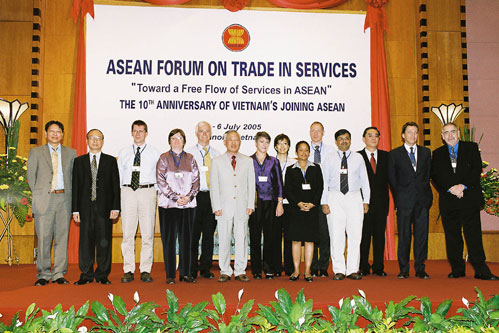The risks for ASEAN of new mega-agreements that promote the wrong model of e-commerce

ERIA | October 2017
The risks for ASEAN of new mega-agreements that promote the wrong model of e-commerce
By Jane Kelsey
Digital technology offers exciting new opportunities and advances for ASEAN member states, individually and as a region. The benefits have so far been captured by first movers, especially in the United States. ASEAN countries need time and flexibility to develop their own digital industrialization strategies that can harness the potential gains and minimize the risks, and regulate accordingly. This paper explains how that opportunity would be foreclosed by a new normative framework on electronic commerce and cross-border services that is being systematically advanced by developed countries on behalf of their globally dominant digital industries. Starting with the Trans-Pacific Partnership Agreement, the template is being promoted through a network of mega-regional trade and investment agreements, including the Regional Comprehensive Economic Partnership and potentially the World Trade Organization. Instead of delivering a digital dividend to ASEAN countries, this model of e-commerce could impede their development, create negative fiscal and employment consequences, and leave them dependent on an oligopoly of private corporations that control the global digital infrastructure and mass data. ASEAN member states will need to resist those proposals if they are to maintain their regulatory sovereignty and the policy space to capitalize on the 21st century digital revolution.





